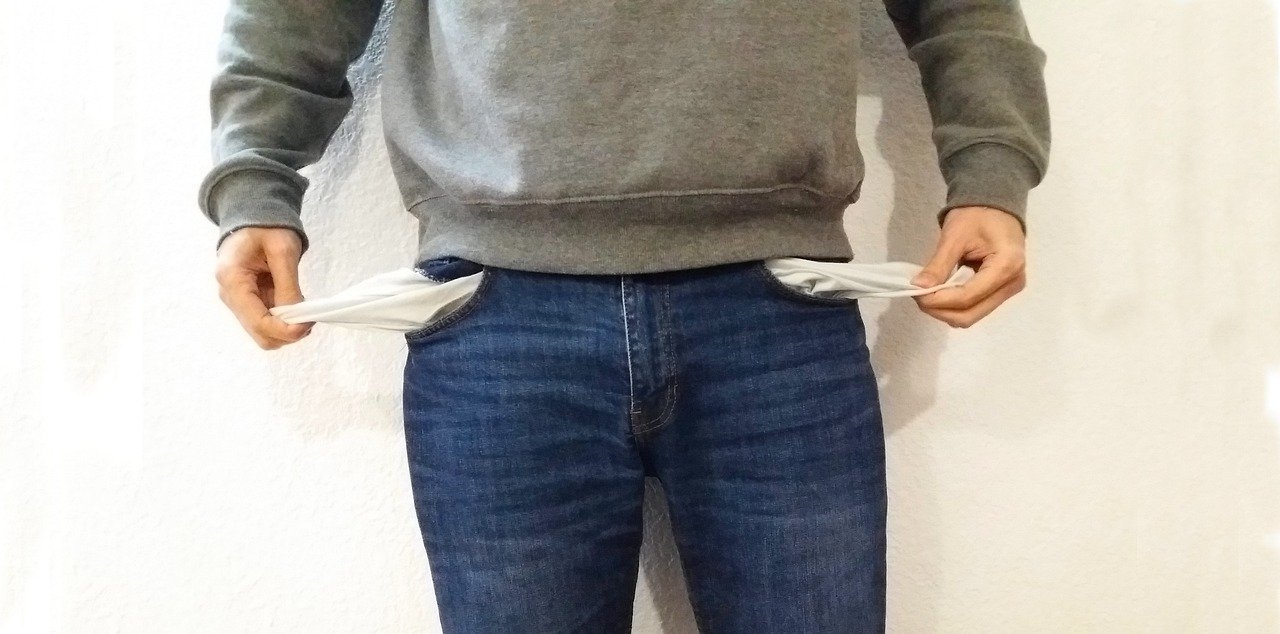January 1 deadline for debt collector licensing approaching
Contributors

Christian Scali
The California legislature passed AB 908, the Debt Collection Licensing Act, in 2020. The law requires that all debt collectors, as defined, obtain a license from the Department of Financial Protection and Innovation (DFPI) in order to engage in debt collection practices in California. DFPI began accepting applications on September 1 of 2021, and requires that all debt collectors submit an application by December 31, 2021, in order to engage in debt collection starting January 1, 2022. Debt collectors that submit an application after December 31 must wait until DFPI issues the license to engage in debt collection in 2022 and beyond. Now is therefore the time for California businesses to make a final assessment whether they should apply for a license.
There is widespread confusion as to who qualifies as a debt collector under the law, as the statutory definition is vague. A “debt collector” is “any person who, in the ordinary course of business, regularly, on the person’s own behalf or on behalf of others, engages in debt collection.” “Debt collection” means any act or practice in connection with the collection of consumer debt. Neither the statute nor regulations further explain the meaning of these terms.

This means that businesses need to assess their own practices to determine whether they engage in debt collection and if that debt collection is “regular” and in the “ordinary course of business.” Businesses may exclude actions to collect debt from other businesses from consideration. Other California statutes that use similar phrases interpret “regularly” to mean “frequently” and “ordinary course of business” to mean an activity that the business represents itself as engaging in or does for profit or gain. Businesses should therefore consider the frequency of their debt collection, whether debt collection is a source of profit, and whether they represent themselves as debt collectors, among other factors, in determining if they should apply for a license.
Individuals and businesses applying for a license must, among other things, pay an application fee, sign the application under penalty of perjury, and submit to a criminal background check by the Department of Justice. It would also require each licensee to file reports with the commissioner under oath, maintain a surety bond, and pay to the commissioner its pro rata share of all costs and expenses reasonably incurred in the administration of these provisions, as estimated by the commissioner.
Every California business should evaluate its debt collection practices to determine if it qualifies as a debt collector requiring a license. Businesses should also ensure that any debt collection service they use maintains or has applied for a license by prior to January 1, 2022. Contact Scali Rasmussen today to assess how this law applies to your business.
